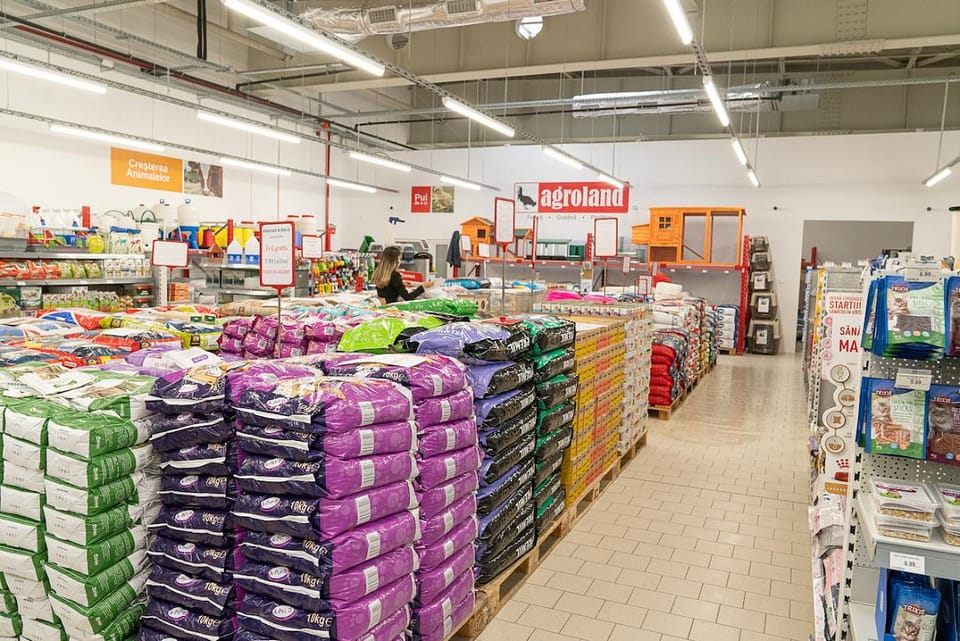Feed plant transitions to organic production under Agroland Business System

In a significant move towards sustainable agriculture, a feed plant has recently transitioned to organic production under the guidance of Agroland Business System. This shift marks a crucial step in the company's commitment to promoting environmentally friendly practices and producing high-quality, organic feed for livestock.
The Transition Process
The transition to organic production is a meticulous process that requires careful planning and execution. The feed plant underwent a comprehensive evaluation to assess its readiness for the shift. This involved analyzing the existing infrastructure, identifying areas that required upgrades, and developing a detailed plan to ensure a smooth transition.
One of the key aspects of the transition was the sourcing of organic raw materials. The plant established partnerships with certified organic farmers to secure a reliable supply of grains, legumes, and other essential ingredients. These farmers adhere to strict organic farming practices, ensuring that the crops are grown without the use of synthetic pesticides, fertilizers, or genetically modified organisms (GMOs).
Implementing Organic Standards
To meet the stringent requirements of organic certification, the feed plant implemented a range of measures. This included thorough cleaning and sanitization of all equipment and facilities to eliminate any residues of non-organic materials. The plant also established a robust quality control system to monitor the production process and ensure that all organic standards were met.
The staff at the feed plant underwent extensive training to familiarize themselves with organic production protocols. This included learning about the specific requirements for handling, processing, and storing organic materials. The plant also implemented a strict segregation system to prevent any cross-contamination between organic and non-organic products.
Benefits of Organic Feed Production
The transition to organic feed production offers numerous benefits for both the environment and the livestock industry. Organic farming practices promote biodiversity, enhance soil health, and reduce the use of synthetic chemicals that can harm ecosystems. By sourcing organic raw materials, the feed plant contributes to the growth of sustainable agriculture and supports farmers who prioritize ecological stewardship.
Organic feed also has positive implications for animal health and well-being. Studies have shown that animals raised on organic feed tend to have stronger immune systems and are less prone to certain diseases. Additionally, organic feed is free from artificial additives and growth promoters, ensuring that the livestock receives a natural and wholesome diet.
Something to Consider
The transition to organic feed production is a significant milestone for the feed plant and the Agroland Business System. It demonstrates their commitment to sustainable practices and sets an example for other companies in the industry. However, it is essential to recognize that organic production comes with its own set of challenges.
- Organic raw materials may be more expensive and harder to source compared to conventional ingredients.
- The transition process requires significant investments in infrastructure, training, and certification.
- Organic feed production may have lower yields compared to conventional methods, which can impact profitability.
Despite these challenges, the long-term benefits of organic production cannot be overlooked. By embracing sustainable practices, the feed plant is contributing to a healthier environment, supporting the well-being of livestock, and meeting the growing consumer demand for organic products.
Looking for updates? Sign up to our newsletter for weekly snippets.
#Agroland


